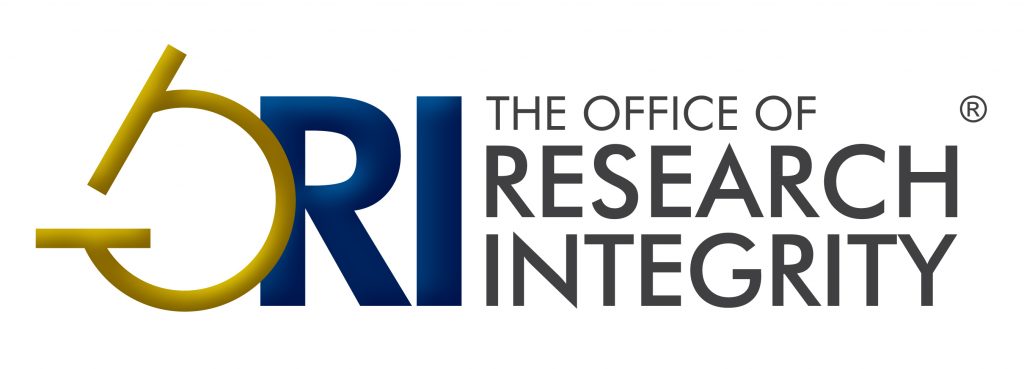
A researcher at Texas Tech University Health Sciences Center (TTUHSC) in Amarillo plagiarized or faked data in four different federal U.S. grant applications, according to a new finding by the agency responsible for oversight of research integrity at the National Institutes of Health.
Rahul Dev Jayant, according to the Office of Research Integrity, “engaged in research misconduct by intentionally plagiarizing, falsifying, and/or fabricating data” in grant applications to the National Institute on Drug Abuse and National Institute on Alcohol Abuse and Alcoholism for work on alcoholism and opioid dependence. The applications were submitted late last year and early this year.
Jayant, the ORI found, plagiarized from papers by other authors in Nature Protocols and Nature Communications, falsified data in various figures, and fabricated nine bar graphs.
Jayant was hired by TTUHSC in 2018, and his name has now been scrubbed from several university websites. He has received hundreds of thousands of dollars in federal grants. Prior to his time at Texas Tech, Jayant was an assistant professor at Florida International University.
He agreed to have any federally funded research supervised for three years.
Neither Jayant nor a spokesperson for TTUHSC has responded to a request for comment.
Update, 2000 UTC, 8/13/20: Jayant is no longer at TTUHSC, a university spokesperson tells Retraction Watch.
Update, 2000 UTC, 8/18/20: TTHUSC responded to our two questions:
How were the problems in Dr. Jayant’s work discovered?
The initial discrepancy was detected as part of a new grant application. Dr. Jayant had taken a figure from a published paper. He modified the figure to make it less recognizable (e.g., cropped, rotated, contrast alteration), and then presented it as his own work in several new grant applications. It is believed that it was detected as part of a new grant application peer review process.
Does TTUHSC plan to return any grant funds as a result of these findings?
No misconduct was identified in Dr. Jayant’s funded R03 grant. None of the grant applications that were submitted including the plagiarized work were moved to the stage where they were awarded, funded and activated. Plans do not exist at this time to return grant funds.
Like Retraction Watch? You can make a tax-deductible contribution to support our work, follow us on Twitter, like us on Facebook, add us to your RSS reader, or subscribe to our daily digest. If you find a retraction that’s not in our database, you can let us know here. For comments or feedback, email us at [email protected].
Good to see ORI back on their game – more cases announced so far this year than in all of 2019. Also wondering what has happened to a number of cases that I know were under investigation – hope they can get those out the door soon!
“HE AGREED to have any federally funded research supervised for three years” Holly Toledo !!! The guy plagiarized, falsifyed, and/or fabricated data and he condescended to be supervised for three years!!! I would dearly get the money he did get and just get a slap on the wrist !!!! Prison and name on all social media is the only solution. In what world are we living !!!!
From a “justice” standpoint the process is frustrating, but pretty straightforward. Proving beyond a reasonable doubt that a crime has been committed is a high bar, it’s expensive, and it’s slow. Much easier to reach a negotiated agreement that ensures that it will be difficult for the person to be a repeat offender, and maybe hard for them to get a research job at all.